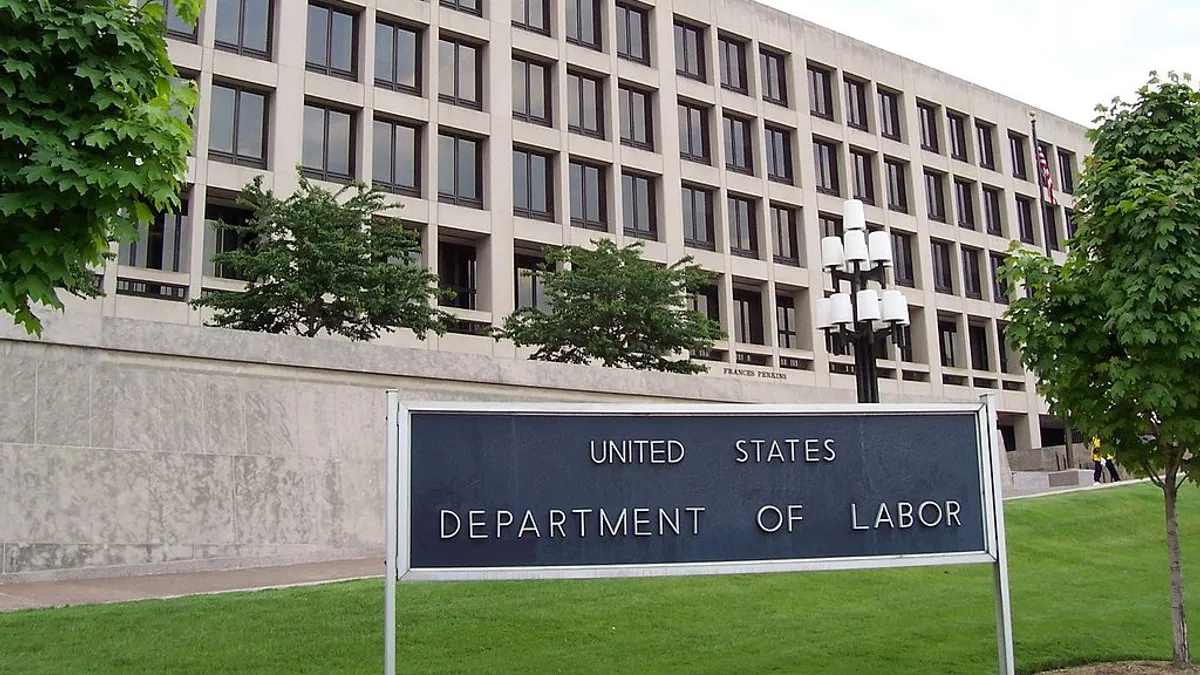Participation in a new voluntary reporting program for wage and hour violations will not invite additional, unwanted attention from the U.S. Department of Labor (DOL) under most circumstances, the agency says.
DOL's pilot program, Payroll Audit Independent Determination (PAID), opened April 3. It encourages employers to report and resolve Fair Labor Standards Act (FLSA) violations without the threat of liquidated damages or civil monetary penalties. While the agency has touted the program as a win-win for employers and employees alike, businesses and their representatives have raised several questions about the program, including concerns that participation would paint a target on employers' backs.
Stakeholders also questioned what the scope of DOL's review would be, and expressed concern that employers' self-audits would be available to the public via Freedom of Information Act (FOIA) requests.
Q&As
In response to those concerns, DOL released a Q&A document, assuring employers that participation in the program won't bring additional investigation, unless it has reason to believe that health or safety are at risk — if there are are child labor violations, for example. DOL's answers about the review's scope and FOIA's impact, however, weren't quite as clear (see box, below).
The agency says that if it discovers additional violations in the course of its review, it "will ordinarily attempt to resolve them as part of the audit." And as for the FOIA question, DOL says that employers' self-audits will be subject to the same standards as Wage and Hour Division (WHD) audits and investigations. Details about what information might be disclosed — as well as information about exemptions — are posted on a separate WHD page.
New state law questions
One other potential wrinkle arose April 4, as well. DOL has made clear from the start that it can't resolve state law issues directly, but a former agency official previously told HR Dive that when DOL offered a similar program years ago, there was at least some assistance offered. "When I helped employers, I went to the California and New York labor departments and entered into separate agreements with them," said Tammy McCutchen, now principal at Littler Mendelson, P.C. "The state DOLs were fairly welcoming and didn’t ask us to do anything different than we had with the federal DOL.”
But now New York's attorney general has announced that employers in his state won't enjoy that collaboration this time around. "I want to send a clear message to employers doing business in New York: my office will continue to prosecute labor violations to the fullest extent of the law, regardless of whether employers choose to participate in the PAID Program," Eric T. Schneiderman said in a statement.
Looking forward
Employee advocates say the program amounts to a get-out-of-jail-free card for employers, while employers remain wary that the program's risks may outweigh its rewards.
PAID will run only six months, after which the agency says it will evaluate the effectiveness of the pilot program, and decide whether to make it permanent. Employers who don't participate in the next few months will certainly be watching to see how others fare.
For those interested in more information about DOL's paid program, the agency will host a free webinar April 10.
Questions and answers about the PAID program
The following are excerpts from DOL's Q&A. The full document is available here.
To what extent will WHD examine employers’ records for violations other than those the employers propose to resolve in the program?
If WHD allows an employer to participate in the PAID program, WHD will examine the employer’s records to verify the information and the calculations submitted and/or other information as necessary to confirm the back wages due for the potential violations the employer identified. If WHD discovers additional minimum wage or overtime issues outside the scope of the employer’s proposal, WHD will ordinarily attempt to resolve them as part of the audit.
If WHD denies an employer’s request to participate in the program, will WHD then investigate the employer based on the information the employer already provided?
WHD is always ready to help employers understand and comply with their legal obligations. WHD encourages employers to proactively seek compliance or technical assistance to comply with the laws WHD enforces, and the PAID program is designed to facilitate this process. Similarly, WHD wants to work with good faith employers through the PAID program to resolve inadvertent violations of FLSA minimum wage and overtime requirements. If WHD declines an employer’s request to participate in the program, the employer’s request to participate will not serve as the basis for a future investigation, unless WHD has reason to believe that health or safety are at risk (for example, if there are child labor violations).
Is data or information provided to WHD in connection with the PAID program subject to [FOIA]?
Self-audits under the PAID program are subject to the same FOIA requirements and defenses as any WHD investigation or audit.














